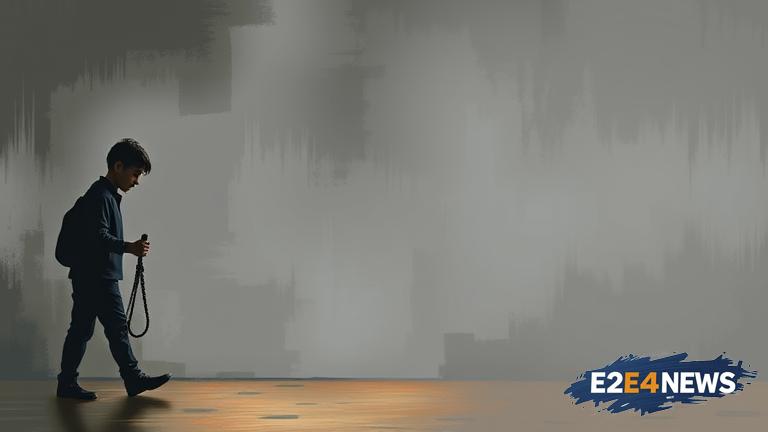The decision to charge a juvenile as an adult is a complex and controversial issue, with proponents arguing that it provides a necessary deterrent and ensures public safety, while opponents claim that it can lead to unfair and disproportionate punishment. In the United States, the laws and regulations surrounding juvenile justice vary from state to state, with some jurisdictions allowing for the transfer of minors to adult courts under certain circumstances. When a juvenile is charged as an adult, they are subject to the same laws and penalties as adults, which can result in lengthy prison sentences and a permanent record. This can have severe consequences on their future, including limited access to education and employment opportunities. Furthermore, research has shown that juveniles who are tried as adults are more likely to recidivate and experience mental health problems. The process of transferring a juvenile to adult court typically involves a hearing, where a judge determines whether the minor should be tried as an adult based on factors such as the severity of the offense, the juvenile’s prior record, and their level of maturity. However, critics argue that this process can be arbitrary and biased, with some judges more likely to transfer juveniles to adult court than others. Additionally, the use of adult courts to try juveniles can lead to a lack of access to rehabilitation programs and services, which are essential for helping minors to overcome their mistakes and become productive members of society. In recent years, there has been a growing trend towards reforming juvenile justice laws, with some states raising the age of majority and others implementing alternative sentencing programs. These reforms aim to reduce the number of juveniles who are charged as adults and to provide more effective and humane solutions for addressing juvenile crime. Despite these efforts, the issue of charging juveniles as adults remains a contentious and complex problem, with no easy solutions. It requires a nuanced and multifaceted approach that takes into account the unique needs and circumstances of each individual case. Ultimately, the goal of the juvenile justice system should be to rehabilitate and support minors, rather than simply punishing them. By providing access to education, counseling, and job training programs, we can help juveniles to overcome their mistakes and become productive members of society. Moreover, it is essential to address the root causes of juvenile crime, such as poverty, lack of access to education, and family instability. By investing in prevention and intervention programs, we can reduce the number of juveniles who become involved in the justice system and provide them with the support and resources they need to succeed. The consequences of charging a juvenile as an adult can be severe and long-lasting, affecting not only the individual but also their family and community. Therefore, it is crucial to approach this issue with caution and to consider the potential consequences of our actions. By working together to reform the juvenile justice system and provide more effective and humane solutions, we can help to create a safer and more just society for all.





